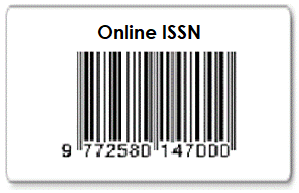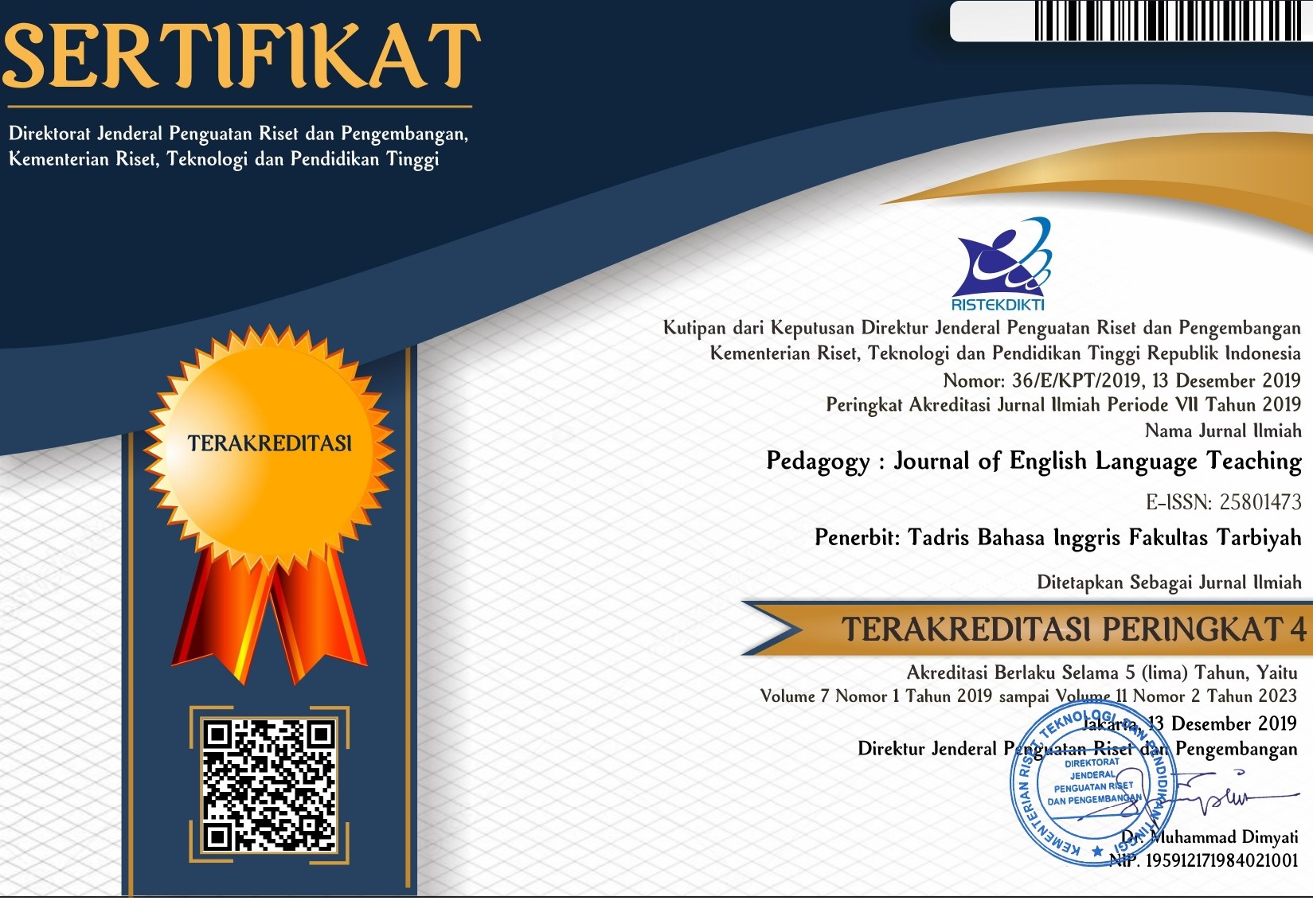Parents’ Perception of Parenting Education of Language Politeness
DOI:
https://doi.org/10.32332/joelt.v9i2.3573Keywords:
children, language politeness, magic words, parents perception, parenting educationAbstract
This paper aims to explore the parental perception of parenting education of language politeness held in the village hall of Kwasen, one of the villages in the sub-district of Kesesi, Pekalongan regency. Qualitative interviews were conducted with five parents of children aged 4 – 10 years, following the seminar. The finding showed that most of them get new knowledge about how to educate their children about language politeness, especially in familiarizing the use of magic words including: thank you, please, excuse me, as well as sorry in daily communication. In conclusion, following parenting education, especially in the case of language politeness can be said as necessary for parents. Therefore, this study contributes to providing some ways that can help parents in introducing polite speech acts including magic words to their children in their daily communications.
















